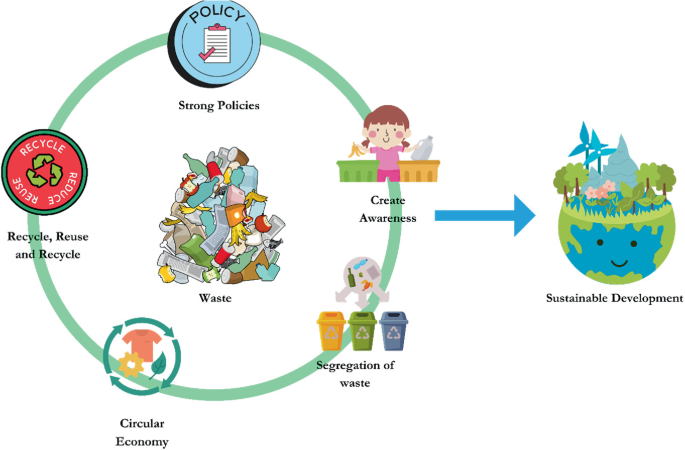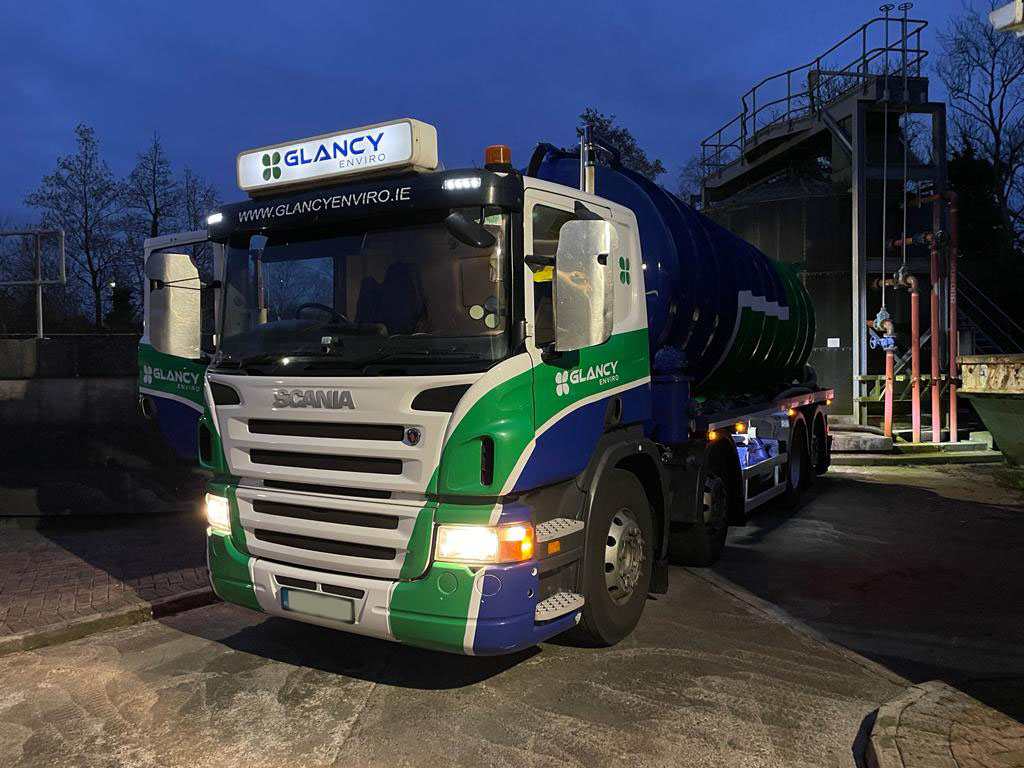The Only Guide to Reclaim Waste
The Only Guide to Reclaim Waste
Blog Article
Fascination About Reclaim Waste
Table of ContentsAll about Reclaim WasteReclaim Waste Things To Know Before You BuyThe 7-Second Trick For Reclaim Waste3 Easy Facts About Reclaim Waste ShownReclaim Waste for Beginners
Discover the kinds, incidents, and types of liquid waste. Domestic sewer waste describes the waste and items from a domestic septic system. This kind of waste is created by people in homes, schools, and various other buildings. This only includes sewage-disposal tanks that have a drain area. The appropriate management and disposal of domestic sewage waste require liquid waste to be transferred to a sewer therapy plant where the appropriate techniques and devices are put on detoxify and get rid of waste.
Commercial waste usually consists of possible risks, such as combustible materials or a mixture of liquid and solid waste products, and requires a much more innovative and comprehensive disposal process. The disposal of business waste normally involves the purification of waste before transport to make certain secure and appropriate disposal. Hazardous waste is created from by-products and runoff of commercial processes and production.
This sort of waste can not use the exact same sewer management transport or processes as septic or business fluids. The commercial waste management procedure calls for the examination and screening of fluid waste before it goes through the disposal procedure (liquid waste removal). Overflow waste is the liquid waste that originates from runoff and excess stormwater in highly populated locations or cities
Drainage waste can trigger contamination and flooding if not dealt with properly. Guaranteeing correct waste administration can avoid disasters and decrease ecological injury.
The 3-Minute Rule for Reclaim Waste
Contact PROS Providers today to learn more about our waste monitoring and disposal solutions and the appropriate ways to care for the fluid waste you produce.
(https://www.kickstarter.com/profile/reclaimwaste1/about)This so-called 'wastewater' is not just an essential resource yet, after treatment, will certainly be released to our land, waterways or the sea. Used water from commodes, showers, bathrooms, cooking area sinks, laundries and industrial procedures is understood as wastewater.

water used to cool down machinery or tidy plant and equipment). Stormwater, a form of wastewater, is drainage that moves from agricultural and city locations such as roofing systems, parks, gardens, informative post roadways, courses and seamless gutters right into stormwater drains, after rainfall. Stormwater flows neglected straight to regional creeks or rivers, eventually getting to the ocean.
Some Known Factual Statements About Reclaim Waste
In Queensland, many wastewater is dealt with at sewer therapy plants. Wastewater is carried from residential or industrial websites through a system of sewage systems and pump terminals, recognized as sewerage reticulation, to a sewer therapy plant. City governments build, keep and operate most sewer treatment plants. Operators are licensed under the Environmental Management Act 1994 to release treated wastewater at an appropriate environmental requirement into rivers.
The Department of Natural Resources suggests local federal governments regarding handling, operating and keeping sewage systems and therapy plants. In unsewered locations, city governments might call for owners to install private or family sewage therapy systems to deal with domestic wastewater from toilets, kitchens, restrooms and laundries. The Division of Natural Resources authorizes using house systems when they are shown to be reliable.
In some new subdivisions, treatment of some stormwater to get rid of trash, sand and gravel has begun using gross contaminant catches. Wastewater treatment occurs in four stages: Eliminates strong matter.
Wastewater then moves into large containers where solids resolve and are removed as sludge. Oil and scum are skimmed from the surface. Utilizes tiny living organisms knows as micro-organisms to break down and remove remaining liquified wastes and great fragments. Micro-organisms and wastes are integrated in the sludge. Eliminates nitrogen and phosphorus nutrients that might trigger algal blooms in our rivers and intimidate aquatic life.
How Reclaim Waste can Save You Time, Stress, and Money.
Nutrient elimination is not readily available in all sewage treatment plants because it calls for expensive specialist devices. It is ending up being extra common in Queensland. Clear liquid effluent produced after therapy might still contain disease-causing micro-organisms. If this effluent is released right into rivers such as rivers or the sea, the micro-organisms will ultimately pass away out.

This normally indicates wastewater needs to be dealt with or contaminants eliminated prior to it can be released to waterways. Most wastewater flows into the sewage system. Under the Act, city governments administer approvals and licences for ecologically relevant activities (Periods) including wastewater releases that could have a neighborhood effect. The division provides approvals and licences to Periods including wastewater launches that might have a regional or statewide impact.
Some Known Questions About Reclaim Waste.
Tracking gives valid info concerning water high quality and can validate that permit problems are being met. The info obtained with surveillance provides the basis for making water top quality decisions.
Report this page